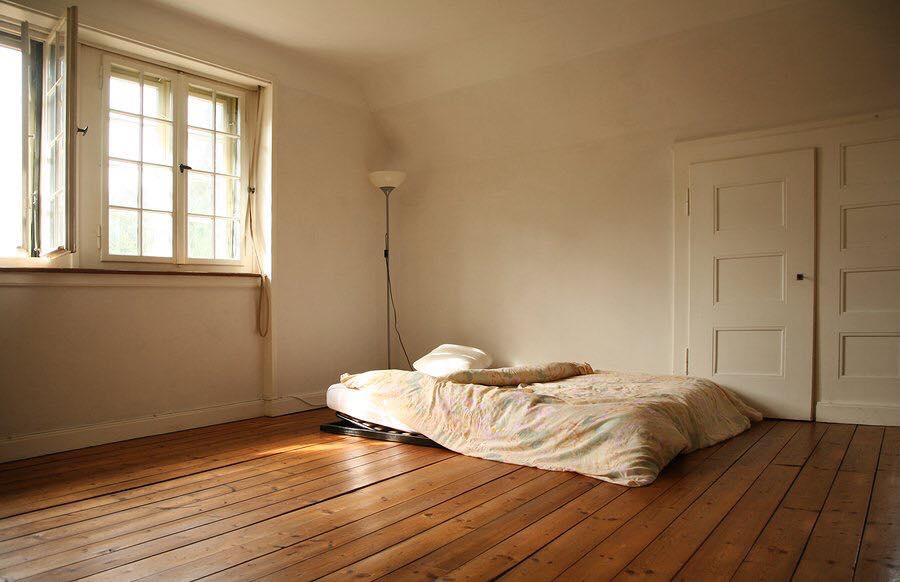Furniture poverty and mental health
Furniture poverty is an often overlooked but significant issue. The absence of basic household furniture can transform a house into an empty, unwelcoming space, instead of a comforting and secure home. This lack of furniture can contribute significantly to overall mental health and well-being. Imagine coming home from a long day of work or school, only to find no chair to rest on or no bed to sleep in at night. The physical discomfort and inconvenience can escalate into extreme psychological distress.
The effects of furniture poverty are far-reaching and multifaceted. It can exacerbate feelings of stress and anxiety, leading to a cycle of mental health issues that can be difficult to break. It can also affect one’s self-esteem and sense of dignity, further impacting their mental health negatively. Children growing up in such environments may face developmental challenges, both physically and emotionally.
At Furniture Bank, we aim to alleviate furniture poverty and its associated mental health impacts by providing essential household furniture to marginalized and displaced individuals and families. We believe that everyone deserves a furnished home that offers comfort, security, and the stability needed for a healthy and productive life.
Our clients come from diverse backgrounds, each facing unique challenges. These include women and children leaving shelters who are trying to rebuild their lives after escaping domestic violence or other forms of abuse. We also serve people transitioning out of homelessness. For these individuals, receiving furniture can mean the difference between just having a roof over their heads and truly having a place they can call home. It can significantly enhance their recovery process and improve their mental well-being. Another group we assist are refugees and newcomers to Canada who often arrive with little to no possessions. Providing them with furniture can help ease their transition and reduce the stress and anxiety associated with relocating to a new country.
Addressing furniture poverty is about more than just providing physical comfort—it’s about promoting mental health, improving quality of life, and ultimately, building stronger, healthier communities. At Furniture Bank, we’re committed to making this a reality for as many individuals and families as possible.







